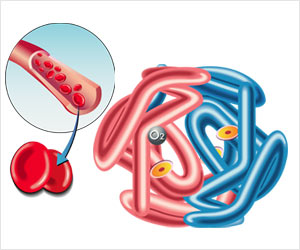
‘No longitudinal studies have formally investigated the relationship between sickle cell trait and exertional rhabdomyolysis in a large population of active, sickle cell-tested individuals.’
Tweet it Now
The researchers focused on African American Soldiers, because sickle cell trait is most prevalent among those with African ancestry. They found that African American Army Soldiers with sickle cell trait had a modest increase in risk of exertional rhabdomyolysis (breakdown of skeletal muscle after exercise), but not an increase in mortality relative to Soldiers without sickle cell trait. This study also shed light on other factors that could increase the risk of exertional rhabdomyolysis. Those who used tobacco or had a body mass index of 30.0 or higher were at a comparable risk to those with the sickle cell trait. Recent use of statins or antipsychotics also increased the risk of exertional rhabdomyolysis.
"To our knowledge, no longitudinal studies have formally investigated the relationship between sickle cell trait and exertional rhabdomyolysis in a large population of active, sickle cell-tested individuals, while also looking at other known, major risk factors such as medications," said Dr. Patty Deuster, PhD, study author and director of the Consortium for Health and Military Performance (CHAMP) at USU. "We look forward to extending these findings and exploring whether similar results would be found in a large civilian population."
These important results apply to the general Army population of Soldiers, and further studies are needed to learn about other exertion-related events.
Source-Newswise








